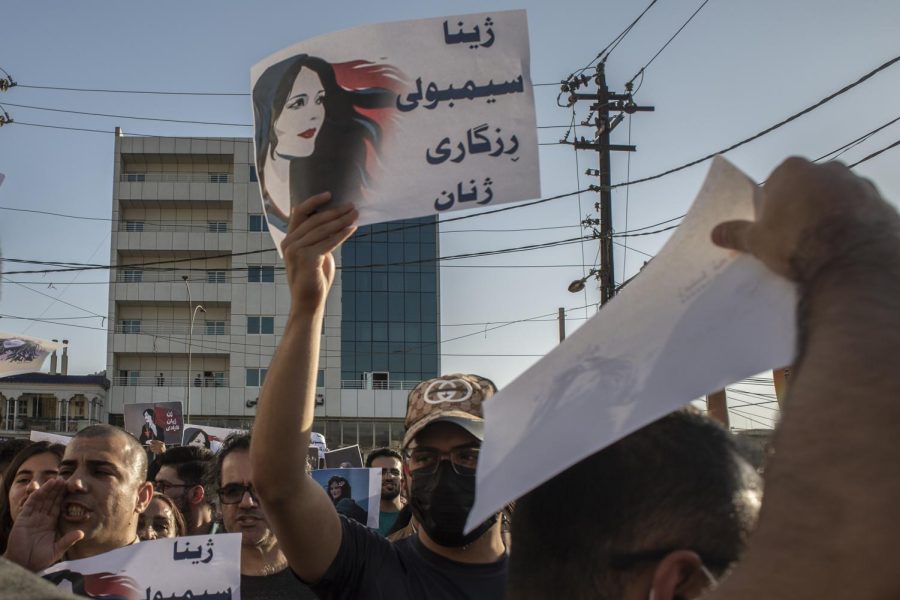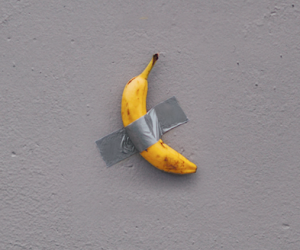Woman’s death sparks massive protests in Iran
(AP Photo/Hawre Khalid, Metrography)
Protesters gather in Sulaimaniyah on Sept. 28, 2022, protest the killing of Mahsa Amini, an Iranian Kurdish woman after she was arrested in Tehran by morality police for wearing her headscarf improperly.
Oct 8, 2022
On Sept. 16, a 22-year-old Iranian woman named Mahsa Amini was detained by the Iranian morality police (a specialized police service meant to uphold the cultural requirements of Islam) in the capital of Tehran for not wearing a hijab in public, as required by Islamic law. Later that day, after being apprehended by authorities, Amini entered into a coma and was pronounced brain dead. She was pronounced dead two days later of cardiac arrest, according to official statements by authorities.
Though the morality police have denied any and all wrongdoing, eyewitnesses claim that Amini herself stated that she had been beaten by police, leading many to speculate that she ultimately died of head injuries received while in custody.
Amini’s death has resulted in a wave of mass protests across Iran. The protestors, predominantly women, are challenging the Islamic theocracy that rules in Iran as well as the restrictions and limitations faced by women in many Islamic countries as a whole. Many women have taken to burning their hijabs and headscarves in opposition to Iran’s laws. Additionally, Amini’s Kurdish heritage has also become a focal point of the protests, due to the historical struggles of the Kurds throughout the Middle East.
Recently, the protests have grown more fierce, as brutal confrontations between protestors and Iranian forces, often with live ammunition, have become more commonplace. Over 130 Iranian protestors have died, predominantly at the hands of Iranian police. In addition, many female protestors have been threatened by Iranian forces with death and even rape. In response, the Iranian government has restricted Internet access in certain parts of the country.
People from all across the globe have come together to rally behind the protestors. Days after Amini’s death, President Joe Biden called for solidarity with the Iranian protestors during a press conference. Iranian President, Ebrahim Raisi, has called for an investigation into Amini’s death, but earlier claimed she died of heart failure and that the “western world” has no right to condemn Iran, specifically citing the 2020 Black Lives Matter protests.
Zeki Saritoprak, the Nursi Chair in Islamic Studies at John Carroll, spoke about the religious nature of the protests.
“To my understanding, there is a kind of protest against government practices. The government applies rules over people without people’s consent, without people’s agreement. And they present this as an Islamic [rule]. In Islam, it is recommended to women that they wear the hijab in public. But in Islam you cannot force people to do it. They do it out of their own conviction…If you force people, you create more hypocrisy. It is clear in the Qur’an that there is no compulsion in religion…Faith is based on heart. It should be coming from your heart.”
He concluded, “If [the protests] are peaceful, then it is their right to protest.”













